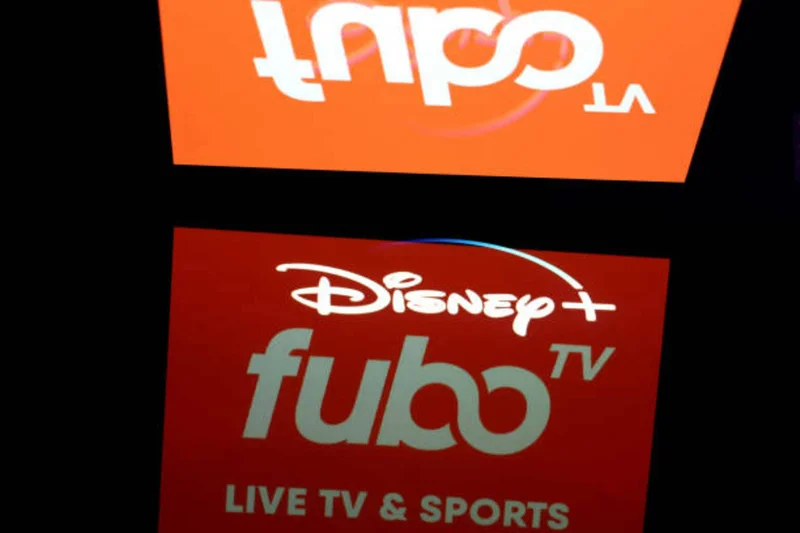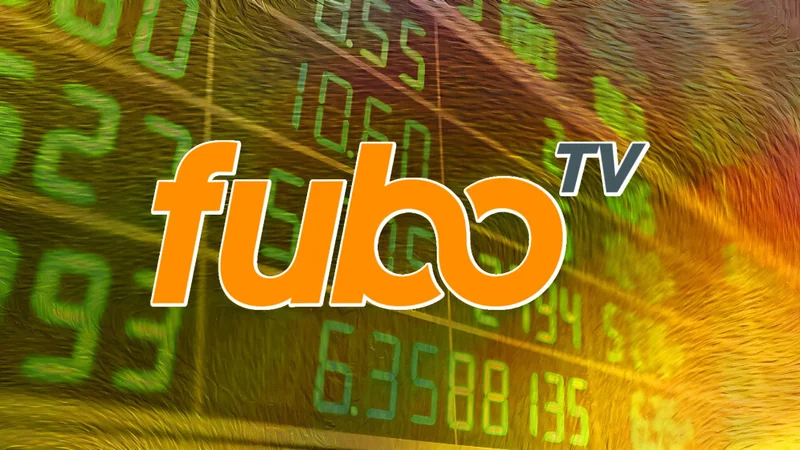Article Directory
The Streaming Wars Are Over. The Curation Wars Have Begun.
When the history of 21st-century media is written, I believe they’ll mark October 29, 2025, as the day the music stopped. On that day, FuboTV and Disney’s Hulu + Live TV didn’t just merge; they fired a starting pistol for an entirely new race. The market saw a business combination, a stock that popped a modest 5.5% before settling, and another consolidation in a crowded field. They saw the numbers: the sixth-largest Pay TV company, nearly 6 million subscribers, a 70/30 split in Disney’s favor.
But I see something else entirely. I see the end of an era.
For the last decade, we’ve been soldiers in the Streaming Wars. It was a brutal, chaotic, and frankly, exhausting battle fought for our subscription dollars. We were forced to become battlefield tacticians, juggling Netflix, Disney+, Max, Peacock, and a dozen others, constantly asking, “Wait, which service has that one show?” It was a war of attrition, a land grab for intellectual property. The goal was to build the biggest library, the highest wall around a garden of content. It was a dumb, brute-force conflict, and we, the viewers, were left with subscription fatigue and a remote control that looked more like a pilot’s cockpit.
That war is over. The great consolidation has begun, and the Fubo-Hulu merger is the proof. This isn’t just another bigger player on the board. This is a fundamentally new kind of player.
The Architect and the Librarian
To understand what’s happening, you have to look beyond the press release and the initial headlines like FuboTV and Disney Complete Major Merger with Hulu. Don’t think of this as two streaming companies joining forces. Think of it as a master architect marrying a master librarian.
FuboTV was never just another vMVPD—that’s a technical term for a virtual cable company, but in simpler terms, it’s just streaming live TV channels. Fubo’s genius was its maniacal focus on a specific, passionate audience: sports fans. They understood the rhythm of live events, the community, the sheer, unmissable urgency of the game. They were architects of a very specific experience. They weren’t just giving you a hundred channels; they were giving you the stadium.
Hulu, on the other hand, is the quintessential modern library. Backed by the Disney empire, it’s a colossal, sprawling archive of television and film, a repository of our shared cultural stories. It has everything from prestige dramas to reality TV, a catalog so vast it’s both a strength and a weakness. How do you find the perfect book in a library with a billion volumes and no guide?

When I first read the news of the merger's completion, I honestly just sat back in my chair, speechless. It’s the kind of move that seems obvious only in hindsight. You’re combining Fubo’s architectural genius for live, event-driven viewing with Hulu’s near-infinite library. You’re putting the person who understands what you want to feel right now in charge of the place that has everything you could possibly watch.
The market’s reaction—a small stock bump, a “Hold” rating from analysts—tells me that most people are still thinking in the old terms. They’re measuring the size of the new kingdom. But they’re missing the point. The new game isn’t about the size of your territory; it’s about how intelligently you can guide your citizens through it. What's the point of owning the world's biggest library if every visitor gets lost in the stacks?
Your Personal Media Universe
This merger creates the potential for something I’ve been dreaming of for years: a truly predictive, personalized media experience. The new battleground isn't for content; it's for curation. The winner will be the platform that doesn't just offer you everything but knows you so well it can offer you the right thing at the right time, sometimes before you even know you want it.
Imagine this: It’s a Sunday afternoon. You’re a casual football fan, but your real passion is the specific team from your college town. The new Fubo-Hulu platform doesn’t just show you that a game is on. It knows your team is playing. It knows they’re in a tight spot in the third quarter. It sends a single notification to your phone: “Your team is on the 20-yard line, down by 4. Tap to watch the drive.” You tap, and you’re instantly in the game. When the commercial break hits, it doesn’t show you a random car ad; it shows you a 60-second trailer for a new Hulu documentary about a historical figure you were just reading about.
This is the curation war. It’s a war fought with data, with machine learning, and with a deep, almost empathetic understanding of the user—this is the kind of technological leap that will define the next decade, a change so profound it means the very concept of "channel surfing" will sound as archaic to our kids as "dialing a rotary phone" sounds to us.
Of course, with this power comes immense responsibility. The level of data required to create this seamless universe is staggering. We must demand transparency and control over how our viewing habits are used. This isn't just about entertainment; it's about a platform becoming an intimate part of our daily lives, and we need to be the ones holding the keys.
But the potential here is just too vast to ignore. Can you feel the shift? We’re moving from a passive model of consumption, where we hunt for content, to a proactive model of presentation, where the content finds us. It’s the difference between a map and a GPS. Both get you there, but one anticipates your needs and guides you effortlessly.
The Age of the Digital Companion
Let’s be clear. What we’re witnessing isn’t just a business deal. It’s an evolutionary leap. The stock market may be volatile, and analysts might be cautious, but they’re looking at the caterpillar and missing the butterfly. We are on the cusp of a future where our media platforms are no longer passive repositories but active, intelligent companions. They will learn our rhythms, anticipate our moods, and curate a world of information and entertainment that is uniquely, perfectly ours. This is about more than just what’s on TV; it’s the blueprint for how technology will integrate into our lives to serve us, not just sell to us. The Curation War has begun, and our digital world will never be the same.

